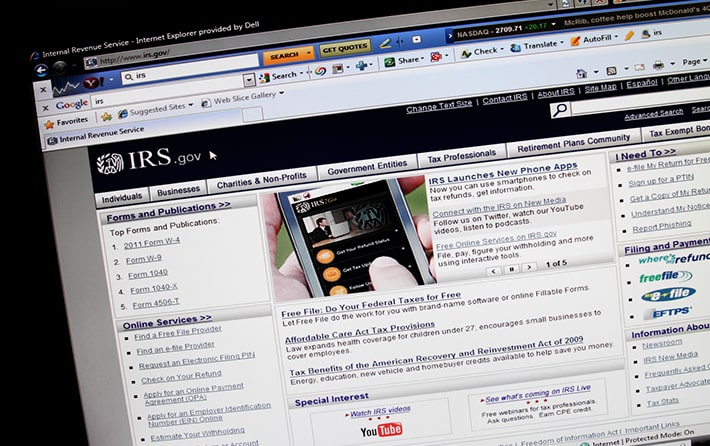
The IRS recently launched the website for the Bipartisan Budget Act Centralized Partnership Audit Regime (often referred to as “BBA”). This website is intended to be the location for all information related to BBA, including regulations, electronic submission forms, how to elect out of BBA, and what can generally be expected during a BBA administrative proceeding. Along with the help of BrownWinick Attorneys, this website will provide vital resources for those partnerships trying to navigate the new waters of BBA.
What Is BBA?
Effective for tax years beginning January 2018, BBA changed the audit procedures for those businesses that are taxed as partnerships, which includes LLCs that elected to be taxed as partnerships. One of the key changes that were made is the appointment of the “partnership representative,” the partner who will have the sole ability to bind the partnership and all other partners without their approval in audit matters with the IRS. Another key change was the assessment of any tax deficiency to the partnership level and the partnership deciding on the best method of collecting from the partners. Unless elected otherwise, BBA generally assesses any deficiencies at the highest individual taxpayer rate, so this can create the possibility of partners in lower tax brackets paying deficiencies at a higher rate than they’re used to. Partnerships should become aware of BBA and how the changes will affect any dealings with the IRS. More information on these changes, eligible partnerships that may elect out of BBA, and how partnerships can address related issues can be found in a previous BrownWinick blog post: New Partnership Audit Rules Apply in 2018, Businesses Should Take Action Now.
What This Means
As audits under BBA become more common the further we move from 2018, understanding the process and the new audit procedures will become more vital. The IRS’s launching of this website provides essential information and will be a helpful resource in navigating the new waters of partnership audits. BBA rules were designed to raise approximately $10 billion over the next 10 years, showing that partnership audits may become more common. Understanding BBA and how the procedures now differ is essential to minimizing a partnership’s tax burden and most effectively operating the partnership during IRS audits.
For more information about BBA and what steps your partnership can take to effectively prepare for the possibility of an audit, please contact your personal BrownWinick attorney, Chris Nuss, William Daniel, or a member of BrownWinick’s Tax Law group.
Meet the Author:

